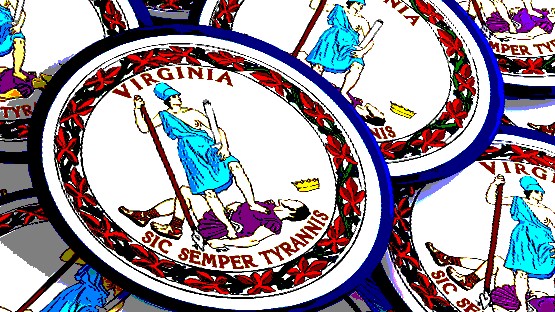
Submit guest columns: [email protected]
What works? The American people still believe in this most basic American value, even if American politicians have abandoned it.
Pragmatism is, perhaps, the quintessential American value, and it essentially defines the growing political center. It is why even people who generally approve of the recently passed health care bill are uneasy. Simply put, they are not sure that it will work.
This uneasiness is fueled by the fact that some congressional support had to be purchased and that the president feels a need to sell the idea even now that it is law. Our experience only increases the uneasiness because Americans know that entitlement programs rarely deliver the results promised at the price quoted.
Federal funding for abortion was an obstacle that almost proved insurmountable to passing health care, and the subject is most instructive when applying the philosophy of pragmatism. Politicians on the left bray about a woman’s right to choose, while politicians on the right trumpet the concept of abortion as murder. The practical American understands that a woman may be entitled to the “right” to choose, but frowns upon abortions necessitated by a failure to exercise the proper responsibility that is part of that right. Practical Americans also understand the philosophical argument that abortion may well be murder, but recognize that it is also a necessary evil.
They also recognize that society can and should place the strongest emphasis on responsibility, but doing so in no way eliminates one’s compassion. A huge segment of our population practices this philosophy constantly. We call them good parents.
An example from George Washington’s presidency illustrates this philosophy of parental pragmatism. Washington, who was the most pragmatic of Americans, personally led the military force that crushed the Whiskey Rebellion in western Pennsylvania during his second term. The leaders of this anti-tax rebellion were convicted of treason, but Washington informed Congress that “(t)he misled have abandoned their errors and pay the respect to our Constitution and laws, which is due from good citizens to the public authorities.” He commuted the death sentences imposed upon the Rebellion’s leaders.
Indeed, Washington favored the adoption of the Constitution over the Articles of Confederation, not because he believed in a particular political philosophy, but because he saw first-hand as commander of the Continental Army that a relatively strong central authority was more effective at certain tasks, such as feeding and supplying his men, than was the decentralized authority of the 13 states.
Practical Americans who in their frustration wonder what they can do about rampant political ideology should certainly consider sending to their representatives a copy of Washington’s Farewell Address. In it, Washington decries party politics, saying, “It agitates the community with ill-founded jealousies and false alarms; kindles the animosity of one part against another, foments occasionally riot and insurrection. It opens the doors to foreign influence and corruption, which find a facilitated access to the government itself through the channels of party passions.” First in war, first in peace, and first American psychic.
Washington issued this warning because he was witnessing his countrymen devolve into political factions, one of which saw Thomas Jefferson as its leader. Jefferson was extremely suspicious of executive authority, but when presented with the opportunity to purchase Louisiana, he seized it without consulting Congress, not because he was hypocritical, but because at $0.04 an acre, it was too good a bargain for America to pass up. Thomas Jefferson was pragmatic.
Ideologies are fine for debating societies, but with the exception of Congress and college professors, most of us live in a world where practical solutions for practical problems are required, all of which brings us back to the new health care law. A giddy Nancy Pelosi told us over and over that its passage was “historic.” So was the day Alaric came knocking on the gates of Rome. All we want to know is, will it work? Left or right, practical Americans are skeptical.










